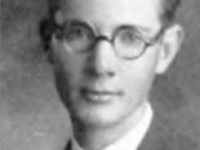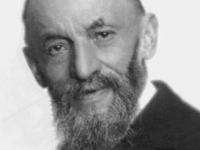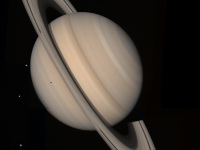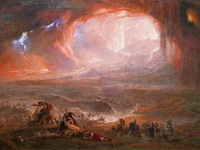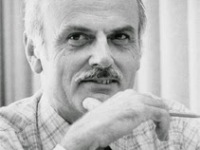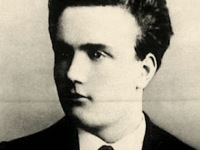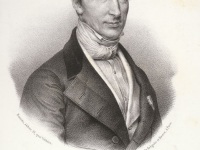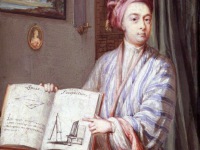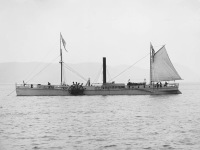Sir Bernard Lovell and the Radioastronomy
On August 31, 1913, English physicist and radio astronomer Sir Bernard Lovell was born. He was a pioneer in radar and radio telescopes and especially renowned for creating the Jodrell Bank radio telescope, the only antenna that could track rockets in space in the early years of the space race between the United States and the Soviet Union. “Out of all possible universes, the only one which can exist, in the sense that…
Read more


